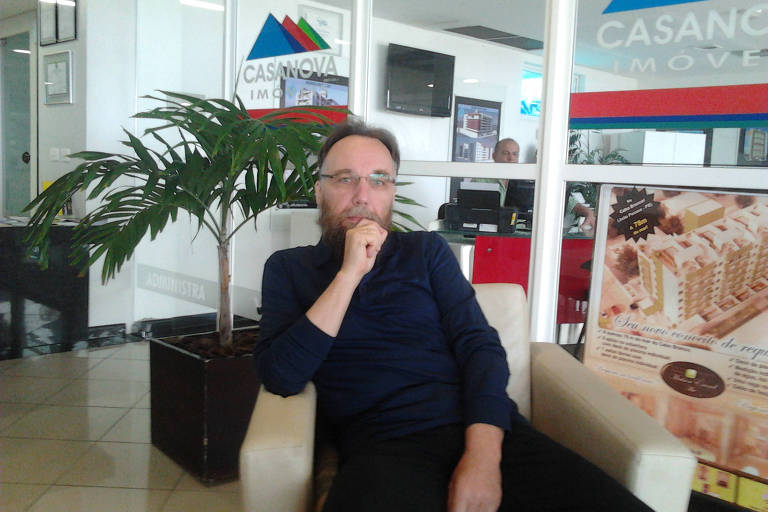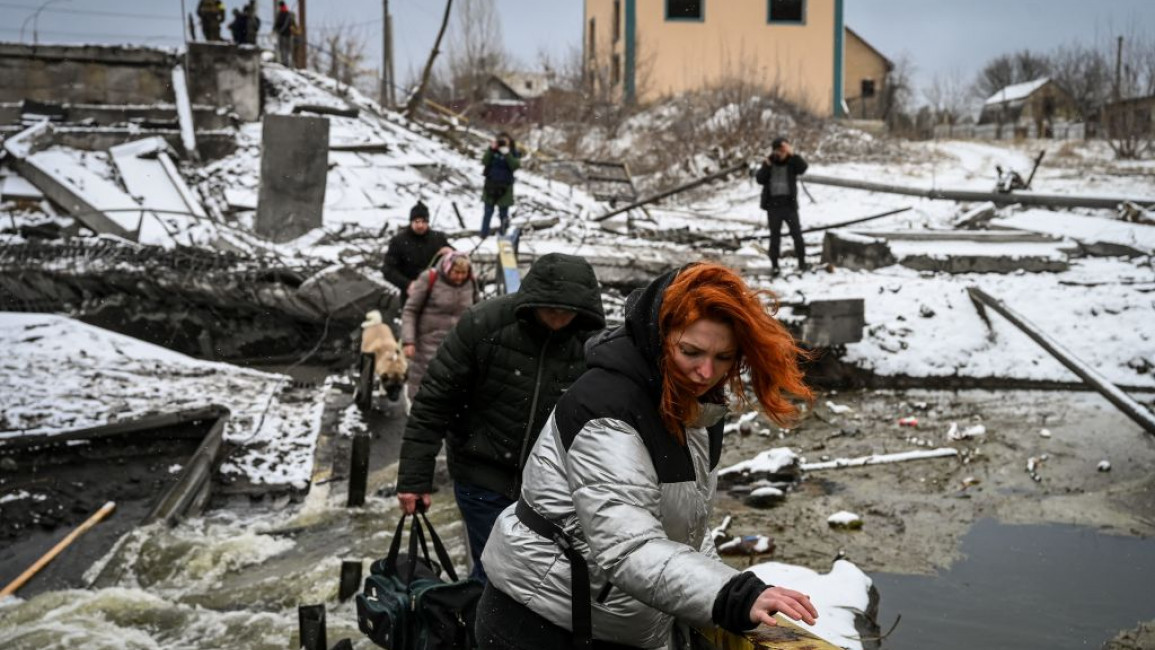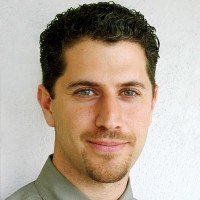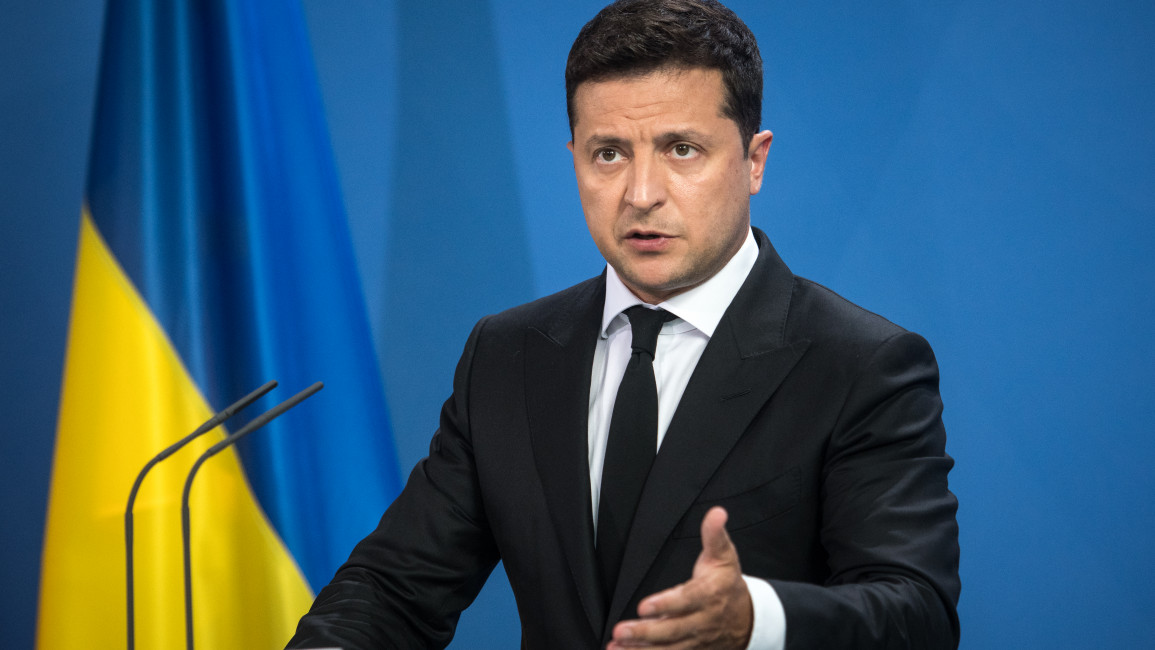Troops move in Europe. CNN 24 hours a day. The Gulf War comes to mind, when the American broadcaster, in an unprecedented feat, covered the conflict live. The memory should have been just Bernard Shaw and Peter Arnett bowing their heads at the time of the bombs, but the truth is that there were late nights of unedited material, broadcast without narration or explanation. Ambient sound and image, raw journalism. On one of those long nights, one of the first American pilots to land after combat states matter-of-factly: "Very exciting, it felt like a football game." I never forgot that phrase, it was so absurd. Years later, as a journalist, I quoted him in a Super Bowl presentation.
War correspondents are on the front lines again, lowering their heads and raising facts. CNN, TVs, agencies, websites and newspapers around the world dodge bombs, sabotaged internet and Russian censorship to inform what is happening in Ukraine. The difference now is that they share attention with millions, not to say billions of other so-called reporters and analysts. In BBB Brazil, the first news of the invasion, according to Folha, was the profile Choquei, whose credential is to add more than 1.3 million followers on Twitter. He put aside the reality show coverage, until then his specialty, to start a frenzied series of posts about the conflict.
In the midst of the torrent, on Thursday (24), there was a reproduction of a Folha headline: "Most Brazilians would fight for the country in case of war, according to Datafolha." There was no link, but the news exists, albeit old and just a hypothetical question, unrelated to any event. Just before, the profile made an alert: "Explosions in Chernobyl." Just that sentence. Then another dry piece of information: "Fire hits building on Avenida Paulista." In the sequence, a little borrowed opinion, but with video: "Craque Neto says that Putin, president of Russia, has to die."
Those who followed the news in the last few days saw a lot of nonsense and fake news. Even serious broadcasters used game scenes to illustrate the screen while the reviewer was talking about Putin. The clash, no pun intended, of social networks with professional journalism in these moments is brutal.
Dean Baquet, executive editor of the New York Times, close to retirement from the position (by age, tradition at the company), said in a recent interview with the New Yorker that "each generation of journalists does its own journalism." "And frankly, it does it better." He wasn't talking about himself, but he fits the description. The first investigative reporter by origin and the first black person in the role, he will leave a powerful newsroom, with more than 2,000 professionals, 10 million subscribers and a global audience. A very different newspaper from the one he received eight years ago, with financial difficulties and an uncertain future.
"I think the reporter is, I don't mean endangered, but I think under threat." For Baquet, we live in an era in which the power of breaking the news is no longer fully respected, in which social networks reward acid behavior and gratuitous opinions. The executive shows a certain moral concern with those who confuse the role of the profession or find themselves pressured by comments on the internet.
There is no doubt that newspapers can be better today, starting with the many multimedia resources available. But it's amazing how we need pests or bombs falling on our heads to understand that the classic work of a reporter, no matter the technology available, is essential and worth every penny of investment.
The problem is that nobody remembers the essentials also in times of peace.
DEBATE?
Baquet is the editor jeered by the Newsroom itself in 2020, when the Times published an article by a Republican senator who defended the military on the US streets in the wave of protests that occurred after the death of George Floyd. The publication of the text put the black journalists of New York Times in obvious danger in the coverage. Even the newspaper's publisher joined the discussion to calm things down. Have you ever heard anything like it?
Last week, Folha published an article by Flávio Bolsonaro whose title would not look bad in Choquei, "Moro released Lula." The newspaper, obviously, took more than the president's son. The PT in a note accused Folha of publishing fake news. One reader pointed out that, in addition to being unnecessary, the article was poorly written. Hard to disagree. The argument was fragile, appealing to conclusions such as that PT was responsible for gasoline prices in the administration of his father.
And here comes the question, which has nothing to do with the need to give space to all sides, satisfied the next day, as usual: do readers have to put up with bad texts in the name of plurality?
In other words, if the article is weak, was the debate, the purpose of its publication, enriched or did it only serve for Folha to show itself to be equanimous?
José Henrique Mariante
Trained as an engineer and journalist, Mariante has been a reporter, correspondent, editor and editorial secretary at Folha, where he has worked since 1991. He is the ombudsman.
https://www1.folha.uol.com.br/internacional/en





